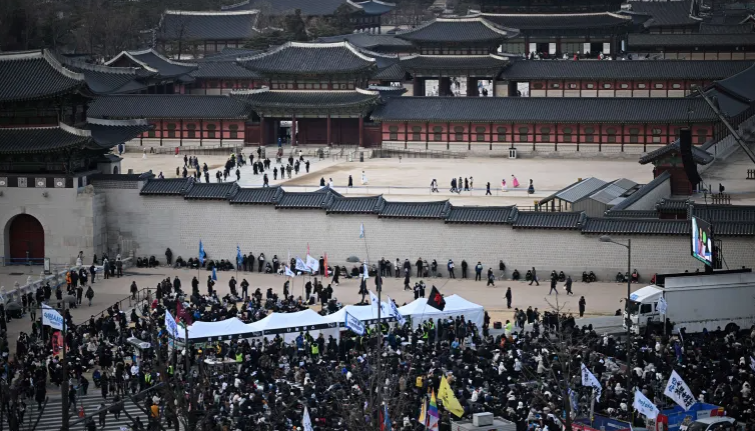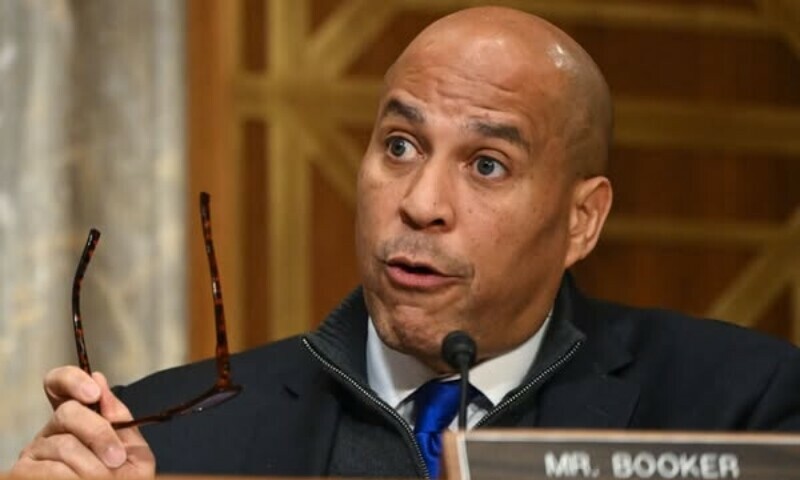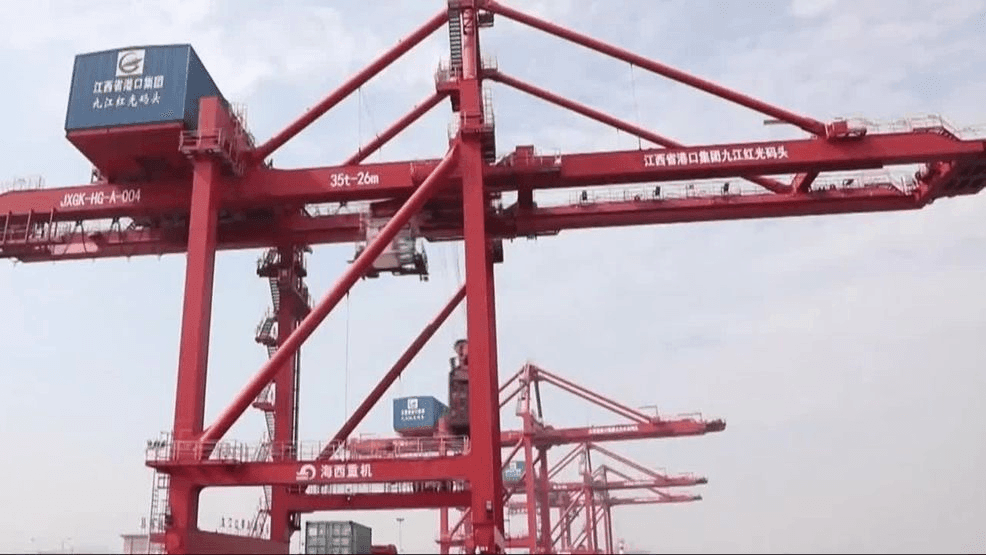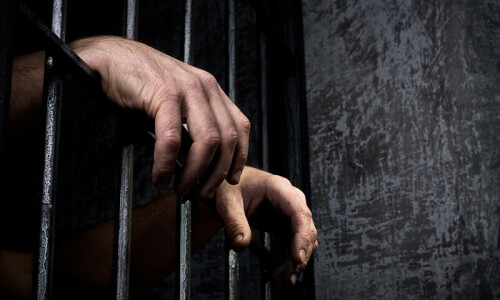WORLD NEWS

Tensions in South Korea have escalated as thousands of protesters gathered in Seoul on Saturday, with some demanding the arrest of impeached President Yoon Suk-yeol, while others called for his impeachment to be declared invalid. The protests came after a dramatic standoff on Friday, where South Korean prosecutors failed to execute an arrest warrant for Yoon over his controversial declaration of martial law last month. The incident, which saw security personnel and soldiers block prosecutors from entering Yoon's residence, left the warrant in limbo, set to expire on Monday.
The standoff is a result of Yoon facing criminal charges of insurrection, a rare offense for which sitting presidents are not immune. If convicted, he could face prison time or even the death penalty. His lawyers have strongly criticized the arrest attempt, calling it unlawful and invalid, and have vowed to take legal action.
On Saturday, police detained two members of the Korean Confederation of Trade Unions, who were among those attempting to march to Yoon’s residence to protest his leadership. The protests remained largely peaceful but underscored the deepening political crisis in the country. Supporters of Yoon argue that his arrest would destabilize the country’s security, particularly its relations with the United States and Japan, key allies in the fight against North Korea.
Meanwhile, the country’s Constitutional Court is slated to begin Yoon's impeachment trial on January 14, which will proceed even if he does not attend. As the situation continues to unfold, South Korea’s political landscape remains deeply divided, with uncertainty looming over the country’s leadership and its future direction.




